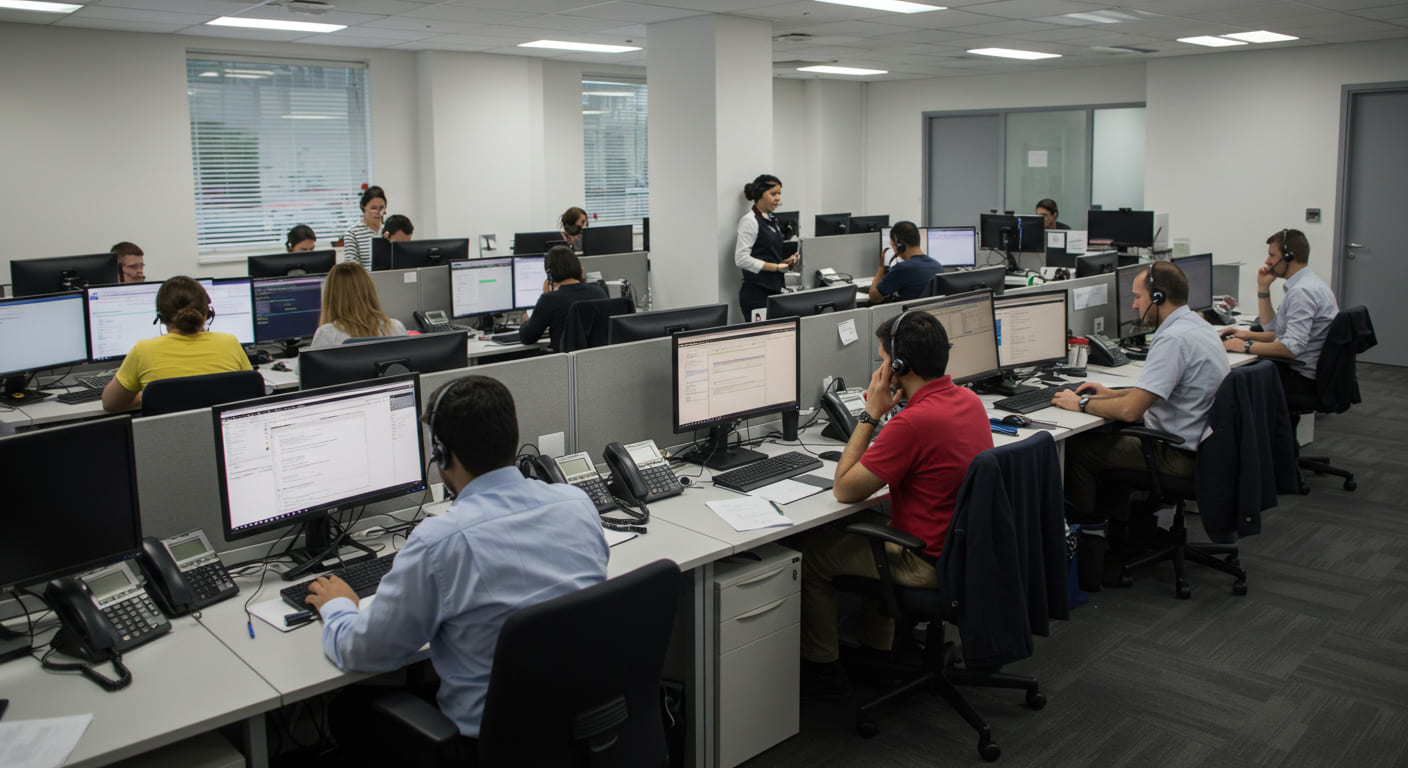Brazil is undergoing a major tax reform that will change the way goods and services are taxed across the country. For telecommunications companies — whether you already operate in Brazil or are planning to start — this reform represents both opportunities and challenges.
The telecom sector is one of the most regulated and heavily taxed industries in Brazil, so understanding these changes is essential to protect your margins, plan investments, and remain competitive.
Learn more, listen to the content in the podcast made by CLM Controller below:
The Current Tax Landscape for Telecom Companies in Brazil

Today, telecommunications services are taxed by multiple authorities: federal, state, and municipal. This creates a complex system with overlapping taxes and different calculation rules.
Here’s a simplified breakdown:
- ICMS (State Tax on Goods and Services)
Main tax on telecom services, with rates between 17% and 29% depending on the state.
Example: A telecom service in São Paulo may be taxed at 25% ICMS.
- ISS (Municipal Tax on Services)
Applies to Value-Added Services (SVA), with a maximum rate of 5%.
- PIS/COFINS (Federal Taxes)
Charged on gross revenue, with rates of 0.65% (PIS) and 3% (COFINS) in a cumulative system for telecoms.
- Sector-Specific Contributions
- FUST: 1% of gross revenue.
- FUNTTEL: 0.5% of gross revenue.
- TFI/TFF: Fees based on the number of stations installed.
- CONDECINE: Variable, depending on the number of stations in operation.
This fragmented system increases bureaucracy and compliance costs for telecom companies, especially for foreign investors who are not used to so many layers of taxation.
What Changes with the Tax Reform

The reform introduces the Dual VAT system (IVA Dual), replacing several current taxes with two main ones:
- CBS (Contribution on Goods and Services) — Federal
- IBS (Tax on Goods and Services) — State and Municipal
Both will apply to material and immaterial goods, including rights and services. For telecom, that means almost all revenue will be taxed under this new system.
Key Points:
- Taxation at destination: IBS will be charged according to the state and municipality where the service is consumed, not where it is provided. This impacts companies with nationwide operations.
- Full non-cumulative system: Companies can deduct credits from all expenses related to their economic activity, improving transparency.
- End of tax benefits: Current fiscal incentives will gradually disappear by 2032.
 Rates and Calculation
Rates and Calculation
Based on the latest approved rules, the combined rates are expected to be:
- CBS: 8.80%
- IBS: 17.70%
- Total: 26.50%
Example:
If you sell a telecom service for R$ 1,000:
- CBS: R$ 88
- IBS: R$ 177
- Total Taxes: R$ 265 (not including FUST, FUNTTEL, TFI/TFF, CONDECINE)

What Taxes Will Remain
Even after the reform, sector-specific charges will continue:
- FUST
- FUNTTEL
- CONDECINE
- TFI/TFF
This means that the effective tax burden for telecom may remain high compared to other sectors.
Main Questions from Foreign Entrepreneurs

Will my tax burden increase?
Possibly. While the system will be simpler, the combined CBS + IBS rates can be higher than the current effective rates for some operations. Simulations are crucial.
How will taxation at destination affect my business?
If your customers are spread across Brazil, you’ll need a system to track consumption by state and municipality, as IBS rates may vary.
What happens to my current tax incentives?
They will be phased out until 2032. Planning is needed to offset the loss of benefits.
Will compliance be easier?
Yes, in terms of fewer taxes and more uniform rules. However, you’ll still deal with sector-specific contributions and state/municipal differences for IBS.
Opportunities for Telecom Companies
Despite the possible increase in rates, the reform can bring advantages:
- Simplified tax structure: Easier for foreign companies to understand and comply with.
- Greater credit recovery: Full non-cumulative system allows deductions on more expenses.
- Transparency: Clearer rules reduce legal disputes.
 Recommendations for Foreign Entrepreneurs
Recommendations for Foreign Entrepreneurs
- Run tax simulations: Compare your current tax burden with projections under the new model.
- Review contracts: Pricing, billing, and tax clauses may need adjustments.
- Invest in tax technology: You’ll need accurate data to handle taxation at destination.
- Seek local expertise: Brazilian tax law is complex, and the reform still requires regulatory details from each authority.
Conclusion

Brazil’s tax reform will simplify the system but will not necessarily reduce the telecom sector’s tax burden. For foreign investors, this is both a challenge and an opportunity: with proper planning, you can adapt to the new rules and maintain competitiveness.
The CLM Controller specializes in helping telecom companies — both Brazilian and foreign — navigate tax changes, optimize their tax load, and remain compliant. Our team offers strategic consulting, tax simulations, and complete outsourcing services so your business can focus on growth while we handle the complexity.




0 Comments